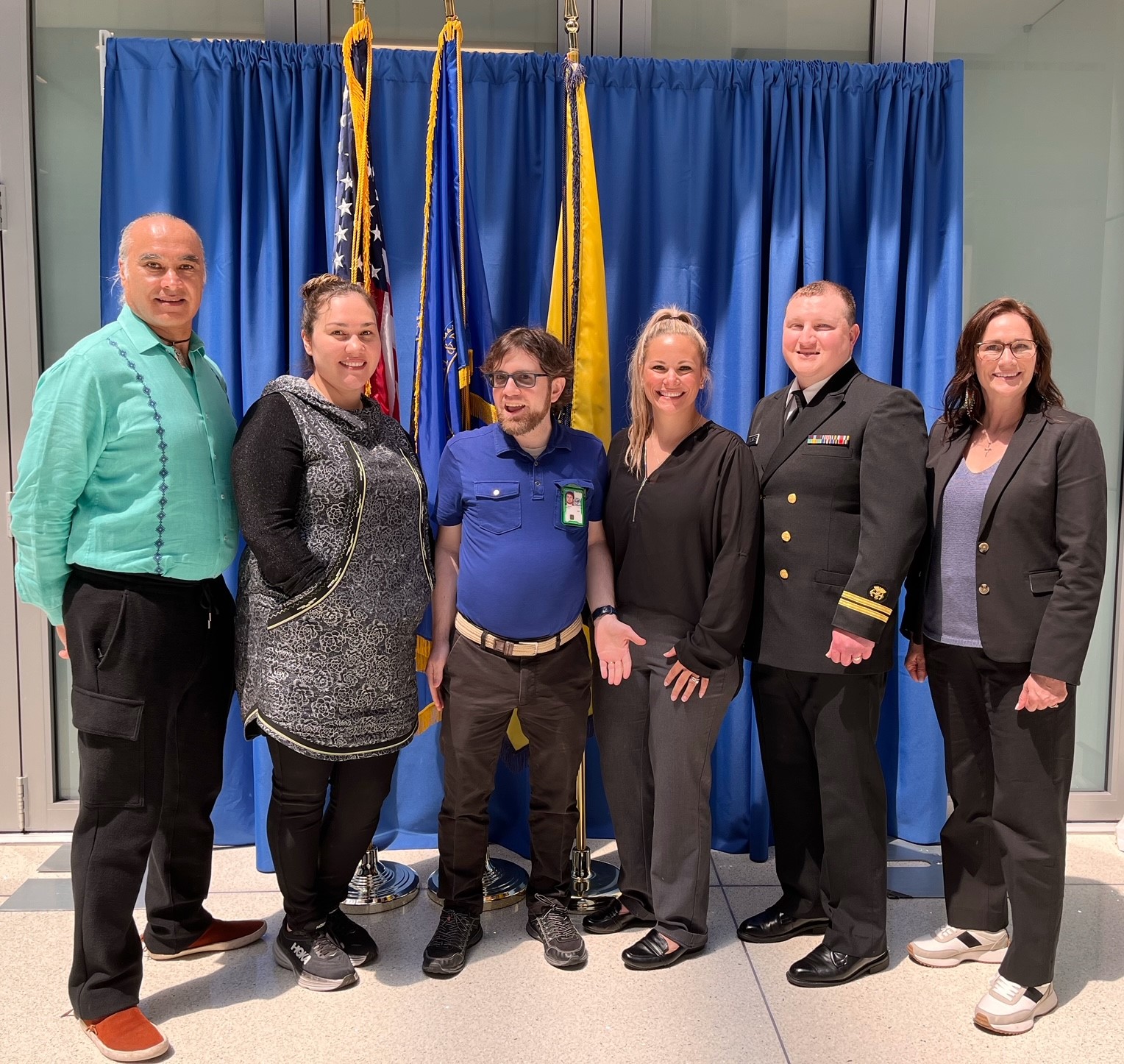Fellowship Program

The IHS Injury and Violence Prevention (IVP) Fellowship provides practical knowledge and skills for IVP practitioners working in American Indian and Alaska Native (AI/AN) communities. The IVP Fellowship builds on learning obtained from IHS IVP Courses 1, 2, and 3, and prior experiences of participants.
Benefits of completing the Fellowship
- Familiarity with published literature and data about an IVP issue
- Data collection and analysis
- Planning and managing an IVP project
- Promoting community and coalition involvement
- Effective IVP strategies
- Program evaluation
- Oral and written communication
- Developing and giving a scientific presentation
- Field work
- Individualized learning
Fellowship Summary 2025-2026 [PDF - 390 KB]
Fellowship Projects
Projects can focus on unintentional injury or intentional violence in one of three project types: 1) Problem Analysis; 2) Program Planning; or 3) Program Evaluation.
Fellows complete four project phases (i.e., Planning, Implementation, Results, Deliverables) during which they
- Participate in synchronous and asynchronous distance-learning sessions
- Attend three in-person learning sessions requiring approximately 2.5 weeks away from their job sites
- Complete project tasks and submit interim deliverables
- Participate in scheduled progress checks
- Write a project report
- Present a summary of their project at the IHS IVP Fellowship Symposium
- Participate in an optional continuing education opportunity (e.g., attend a conference, enroll in a university-based course)
Application Process
Visit this link to see the application process steps, which includes
- Watch the required pre-application webinar
- Draft a Project Idea
- Submit a draft Project Idea and schedule a consultation with the fellowship academic advisor team and project mentor (must be completed by November 8, 2024)
- Revise the Project Idea
- Complete the online application between October 7 and December 11, 2024
Fellowship Point of Contact
Molly Madson, MPH, Injury Prevention Program Specialist, IHS
OEHE-DEHS
5600 Fishers Ln.
MS: 10N14C
Rockville, MD 20857
Phone: 301-945-3189


